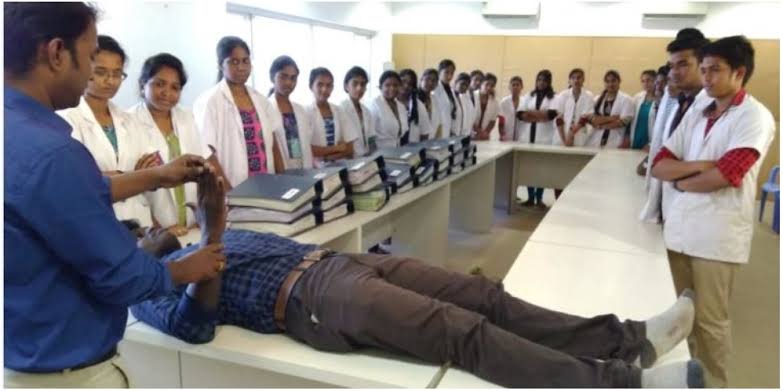Courses
- home
- Course Single

General Nursing and Midwifery (G.N.M)
-
(124 Ratings)
About the Course:
GNM stands for General Nursing and Midwifery, a three-year and six-month diploma course designed for aspirants who want to pursue a career in clinical nursing. The curriculum of some universities includes a six-month mandatory internship at the end of the course and the diploma is granted only after the candidates complete this internship. Candidates who have successfully passed their 12th standard exam in the Science stream can pursue the GNM nursing course. The program teaches aspirants how to care for individuals who are sick or have been injured in order to help them attain full recovery. Candidates can secure admission into General Nursing and Midwifery program by appearing for state-level exams.
| Course Features | |
|---|---|
| Course Durations: | 3 years |
| Eligibility: | Passed 10+2 with a minimum of 50% aggregate marks SCIENCE stream |
| Certification: | yes |
| Study Level: | Undergraduate |
| Admission: | Entrance-Based/Merit Bases |
Work Environment :
The work environment for a General Nursing and Midwifery (GNM) graduate can vary depending on the healthcare setting and specialization chosen. Here are some common work environments where GNM professionals can find employment: Hospitals: Many GNM graduates work in hospitals, which can include general hospitals, specialty hospitals, or private hospitals. They may work in various departments such as medical-surgical units, intensive care units, maternity wards, pediatric units, or psychiatric wards. Clinics: GNM professionals can work in outpatient clinics, primary care clinics, specialty clinics, or community health clinics. These settings focus on providing healthcare services to patients on an outpatient basis. Maternity Centers: GNM graduates with a specialization in midwifery may work in maternity centers or birthing centers. They provide care to pregnant women, assist in childbirth, and provide postpartum care. Nursing Homes and Assisted Living Facilities: Some GNM professionals work in nursing homes or assisted living facilities, providing care to elderly individuals who require assistance with daily activities and healthcare needs. Community Health Centers: GNM graduates can work in community health centers that focus on delivering primary healthcare services to individuals and families within a specific community or population. Home Healthcare: Some GNM professionals choose to work in home healthcare settings, providing nursing care and assistance to patients in their own homes. This can include administering medications, wound care, monitoring vital signs, and providing support to patients and their families. Educational Institutions: GNM professionals can also work in nursing schools, colleges, or training institutes as educators, clinical instructors, or administrators, imparting their knowledge and skills to aspiring nurses and midwives.
Career and Duties Opportunity:
What you will learn :


